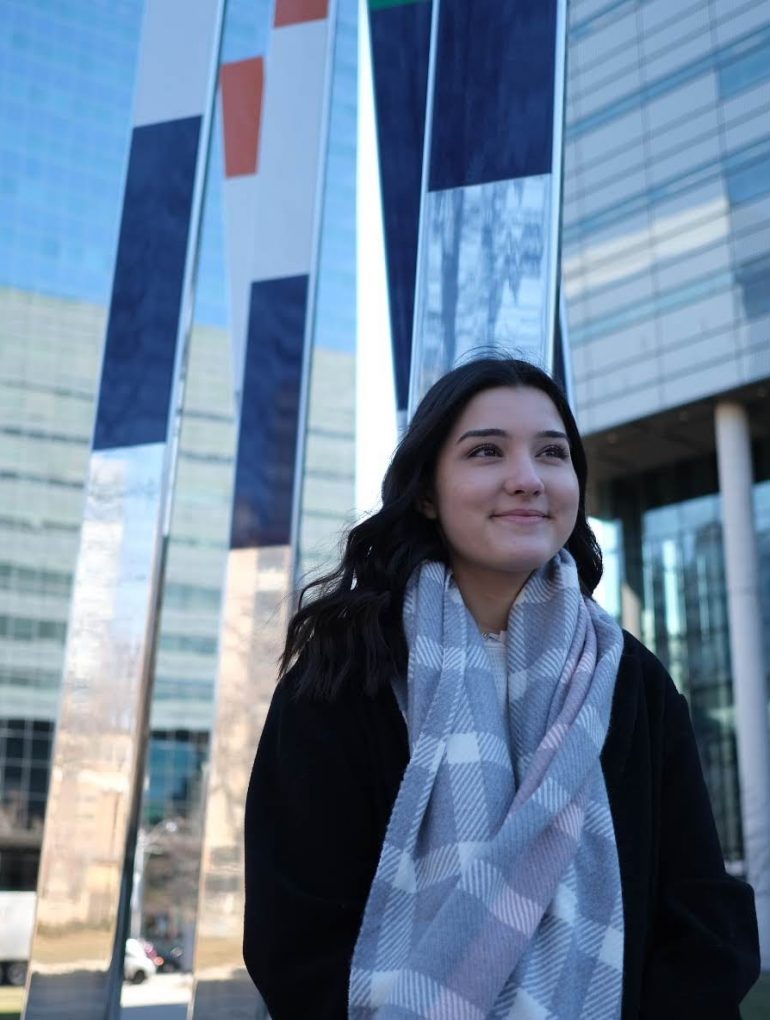My family came to Canada as refugees in the early 2000’s. I was four years old at the time, so all that financial and social stress of being a refugee in a new country, was put on the shoulders of my parents. My parents always used to tell me with education, I could become anyone or do anything I want to in life. While they were working multiple jobs to make ends meet, in addition to learning English, they constantly stretched themselves to make sure I had the resources to pursue my studies.
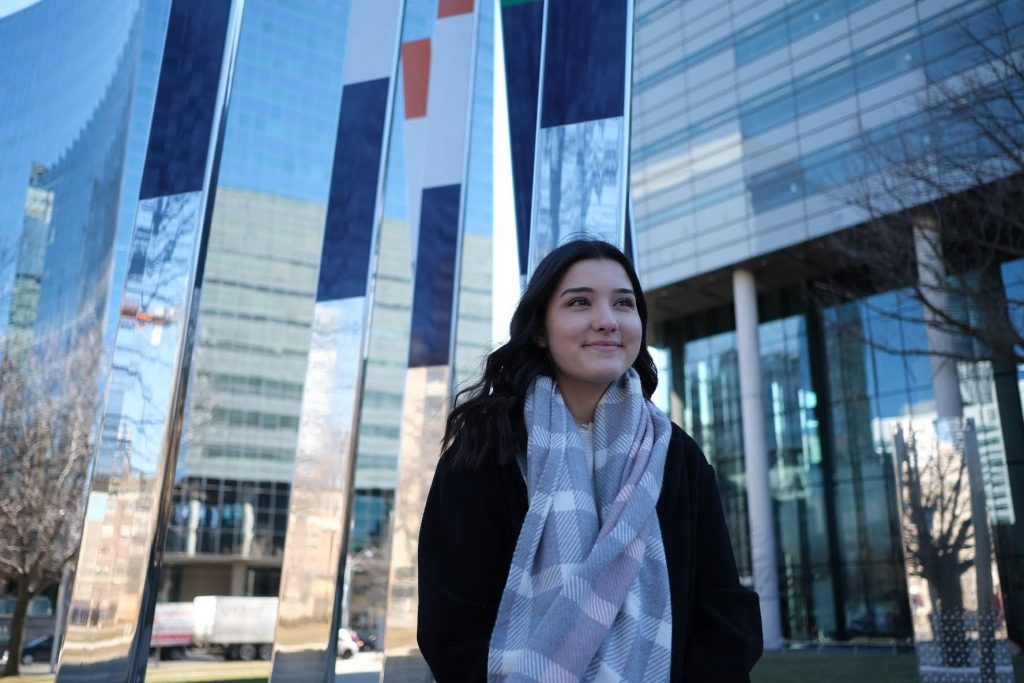
While I feel extremely grateful and privileged today, I don’t want parents to have to feel this type of burden, so my sister and I began ‘The School Bag Project’ which is an initiative that aims to empower newcomers and refugee Afghan youth in their education. We provide pre-packed school bags filled with stationary items and personal health staples to these youth.
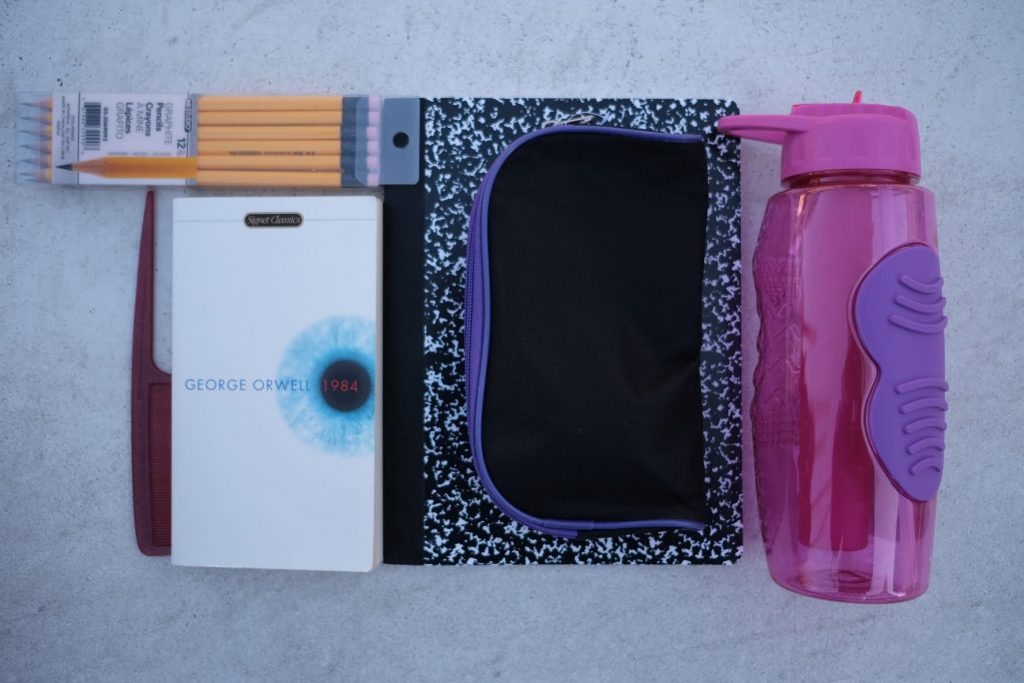
We believe every child should be equipped with sufficient school and health resources to be able to tap into their full potential. We want to knock down these barriers for refugees and newcomers in providing these educational and health resources for their children.
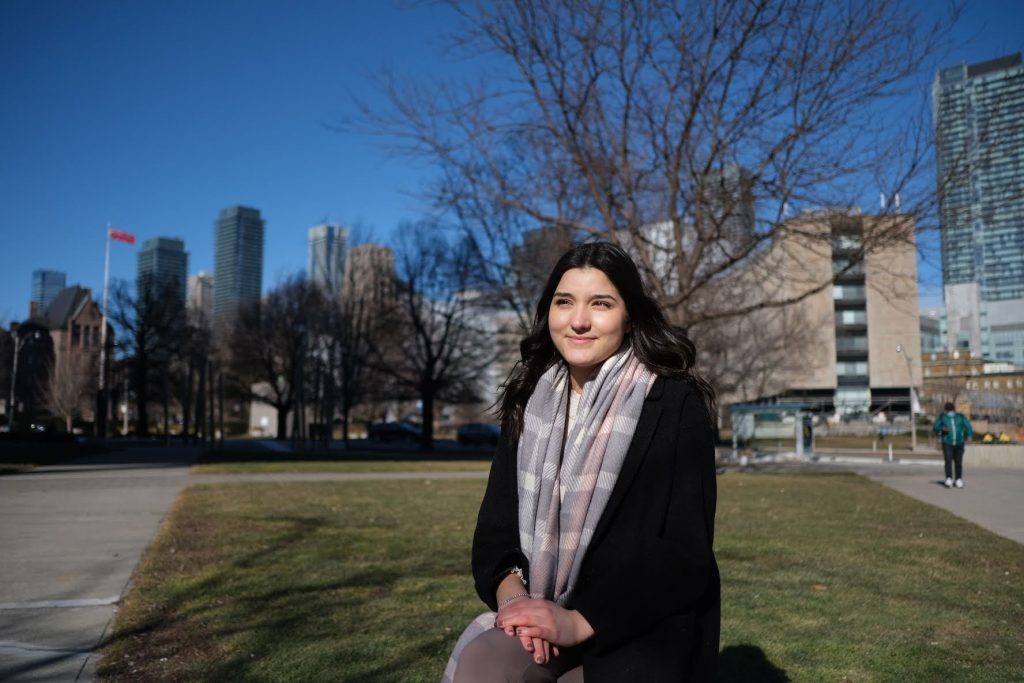
We began our initiative in June 2020 and we were really blown away by the support of friends, family, and even internet strangers since then! Additionally, we recently received a generous project grant from the Afghan Youth Engagement and Development Initiative (AYEDI), and #RisingYouth to help further develop and support our initiative. With their grant, we were able to begin an additional campaign called “Project Bloom”. Project Bloom is a subproject made with the aim to encourage mental health awareness in the Afghan community. For this campaign, we equipped our bags with a mental health resources and held a mental health seminar for Afghan youth.
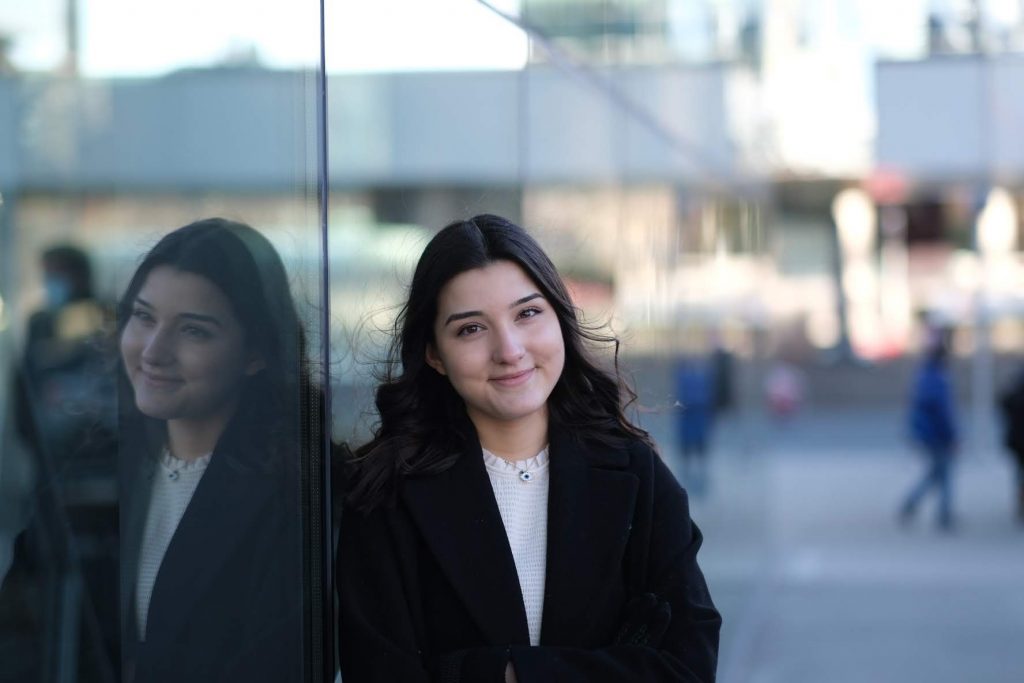
I feel my research and extracurriculars have mutually inspired each other – and will continue to do so. Health and education inequity are systematic problems. My past and current extracurriculars (in addition to some inspiring mentors) have built my interest in wanting to change, address and educate others on these inequities. This brings me to my current thesis project, where I am learning more about the intersectionality certain sociodemographic groups face in health, and how this effects neurodevelopmental disorders. It’s unbelievable to me that in a society advanced enough to receive a video from Mars, we have been unable to create equitable opportunities for everyone to pursue an education or achieve their full health potential.


